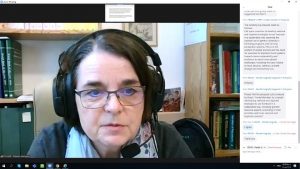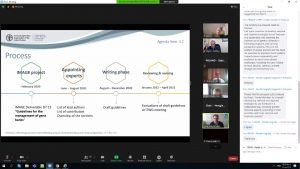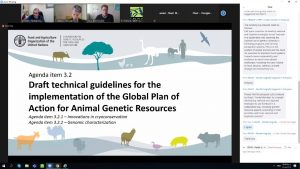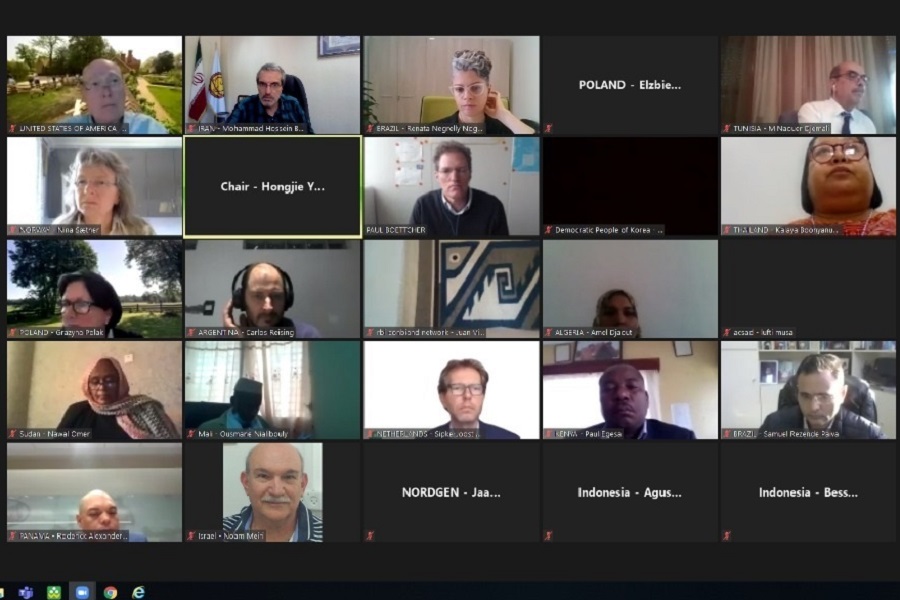The 11th session of the Intergovernmental Technical Working Group on Animal Genetic Resources for Food and Agriculture, FAO was held virtually for three days (from Wednesday to last Friday) with the presence of Dr. Mohammad Hossein Banabazi, the national coordinator on animal genetic resources of Iran and member of the Near East regional working group on behalf of Iran. More than 15 hours of intensive and legal meetings with the presence of more than 100 countries and invited institutions and NGOs, including APAARI, ACSAD, ICAR, ILRI, etc. as an observer member in two parts of the plenary session and regional rooms were held. At this session, the documents of the “Global plan of action” for the conservation of animal genetic resources (adopted in 2007) were reviewed and the draft guidelines on innovations in “cryoconservation”, “Genomic characterization”, “Digital sequence information” and “Climate change on genetic resources” were reviewed and approved. The important issue of “Benefit sharing” resulting from the exploitation and genetic modification of indigenous and non-indigenous populations was also considered in a full working day, and different countries shared their experiences on breeding systems, modification and the ways of share their benefits were presented including Norway’s experience in breeding Norwegian red cow and France’s experience in breeding Merino sheep with the aim of producing natural animal fibers. It should be noted that the main representatives of the Near East include Iran, Iraq, Lebanon and the United Arab Emirates, and the two alternate members; Jordan and Qatar. During the meeting, simultaneous translation into the six official languages of the FAO (English, French, Spanish, Russian, Chinese and Arabic) was well done on the Zoom application. Moreover, good relations were established with the representatives of the other countries, which can lead to the joint activities with these countries.
Public Relations and International Affairs Administration of ASRI







